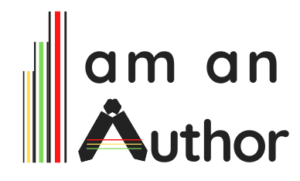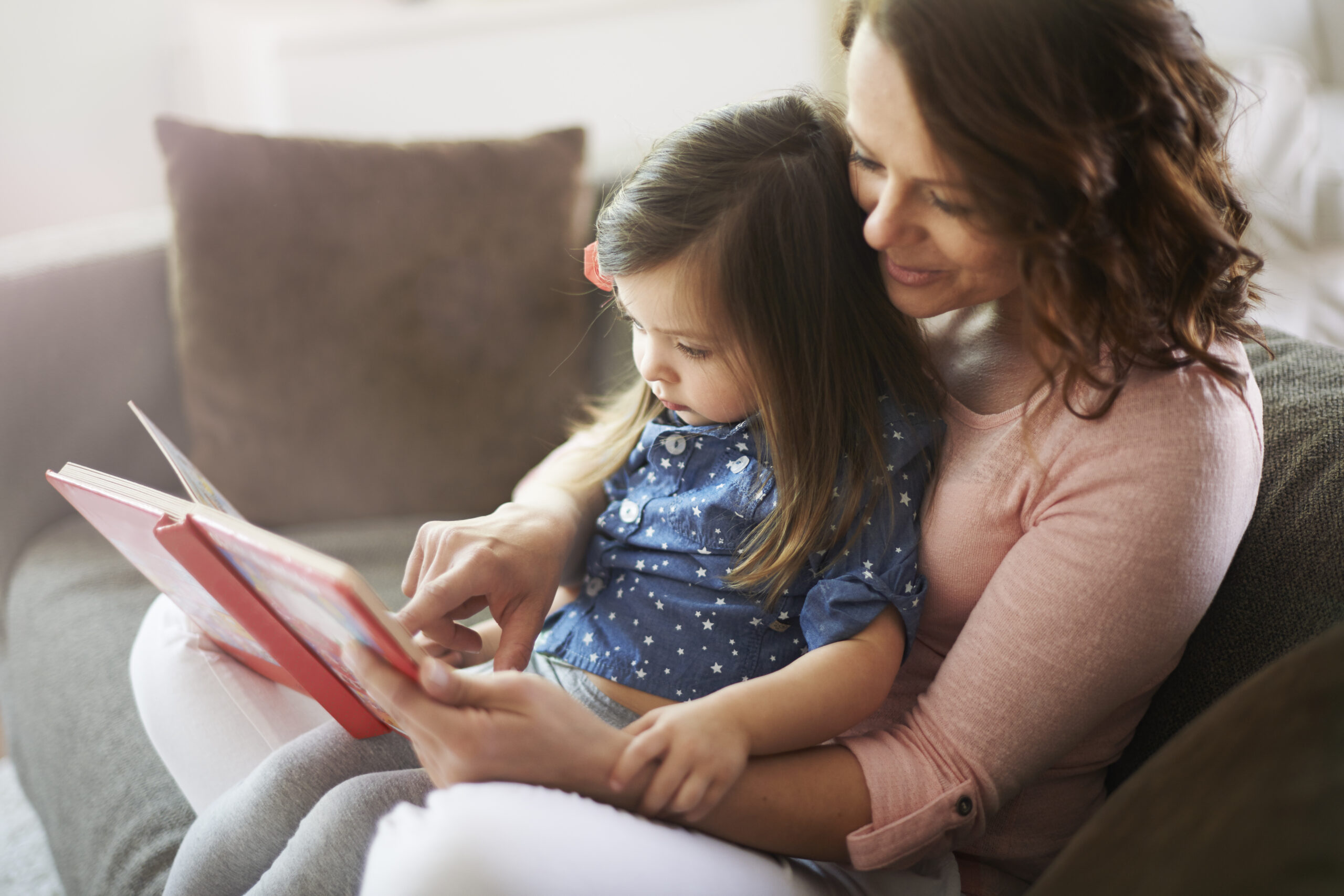How should publishers help develop reading habit in children
Hurrah! What a beautiful Sunday evening it was! Children of my neighborhood were seen jumping in joy and having a gala time playing cricket, splashing water on each other, riding around the streets on their bicycles, and happy gulping some panipuris from the corner shop. Not only children, adults and office-goers were also seen playing badminton on the street. This was an evening of one “normal” Sunday before the pandemic lockdown affected all of us and made us, and is still making us, confine ourselves within our homes, for months together. Now, I can hardly see children playing on the streets. Even when they do, they come out with their masks on and a pocket sanitizer, essentials to keep with us whenever we head out, and are restricted from playing in groups. How hard this “new normal” has hit not only children but also adults. However, owing to the lockdown, a new concept was introduced to children, namely the “Online Classes.” From strictly prohibiting the use of smart phones in schools and colleges to schools themselves mandating children to buy one, to bringing classrooms to our living rooms through smart apps like Zoom, nobody can deny we are in a “new normal” indeed.
Unlike the school’s working hours, online classes are only for about 2 to 3 hours, giving children ample time for other activities. But how effectively this time is being used lies in the hands of parents. As parents also have more time to spend with their kids now, this would be the appropriate time for them to come up with new activities to involve their kids. Getting kids acquainted with activities such as solving puzzles, learning math tricks, or involving them in simple DIY (Do It Yourself) crafts, and encouraging them to read books will be beneficial to the kids in their formative years.
Of these, reading is one of the best habits that could be very easily inculcated in children. Reading benefits children in many ways:
- gives confidence,
- imparts knowledge,
- improves communication,
- builds personality,
- decreases screen time, and so on.
Parents and teachers have the joint responsibility of initiating the reading habit in kids. But do all kids love reading? Definitely no. Some find it to be boring, some find it difficult to read, and some others find books to be not interesting.
It is important for parents to take the steps to make reading a habit in children:
- Finding the child’s interest,
- Visiting a local library,
- Letting kids pick books of their interest,
- Reading themselves often to the child,
- establishing a reading time,
- talking about new words and meaning,
- making reading a comforting habit.
Although topics of interest could be chosen by the parent, making an interesting topic more interesting to read lies in the hands of the authors and publishers. In general, children’s books are divided into six categories based on the age group of children, average number of pages, word count, and number of images used:
- Picture books
- Board books
- Chapter books
- Trade books
- Middle-grade chapter books
- Young adult books
You are never too old, too wacky, too wild, to pick up a book and read to a child.
Dr. Suess
Authors should consider the following points while writing the book:
- Decide the age group of children whom you want to write for,
- Age Group 1: 3–5 year olds – picture books
- Age Group 2: 5–7 year olds – illustrated books
- Age Group 3: 7–12 year olds – short engaging chapter books (5000 to 10,000 words)
- Age Group 4: 12–15 year olds – Teen story books (up to 30,000 words)
- Age Group 5: 15–18 year olds – Story books (up to 50,000 words)
- Choose the topic that would be interesting for the targeted age group,
- Use simple vocabulary relevant to your targeted age group’s level,
- Write it in a fun and engaging way,
- Create memorable characters,
- Make the content clear and understandable from the beginning to the end,
- Use images related to the content,
- Include an activity area for kids to ponder between every chapter where possible.
In addition to the authors, publishers also have an equal role in making the book interesting to young readers:A book publisher is a group or person who is responsible for bringing a book to the public for reading purposes. Per studies, publishing methods of children’s books vary greatly to that of books for adults. Publishers of children’s books should be up-to-date with recent trends in children’s book market and should be cognizant of basic categories of children’s books.
There are many little things to enlarge your child’s world. Love of books is the best of all.
Jacqueline Kennedy
Following are the points to consider by the publishers to promote reading in children:
- Reach your target readers,
- Conduct sessions at schools to promote reading habit in children,
- Consider an author visit in schools,
- Host book fairs at schools.
In conclusion, it is a well-known fact that book reading does wonders in kids. Not only parents and teachers but also authors and publishers should effectively play their role in every way they could in inculcating reading habit in children and this in turn will pave way to our children’s bright future.
𝗔𝘀𝗽𝗶𝗿𝗲 𝘁𝗼 𝗯𝗲 𝗮𝗻 𝗮𝘂𝘁𝗵𝗼𝗿. 𝗛𝗼𝘄 𝘀𝗶𝗺𝗽𝗹𝗲 𝗶𝘀 𝗶𝘁 𝘁𝗼 𝗽𝘂𝗯𝗹𝗶𝘀𝗵 𝘆𝗼𝘂𝗿 𝗯𝗼𝗼𝗸 – 𝗛𝗼𝘄 𝘁𝗼 𝗣𝘂𝗯𝗹𝗶𝘀𝗵: https://www.iamanauthor.co.in/how-to-publish/
IAA’s 𝗕𝘂𝗱𝗱𝗶𝗻𝗴 𝗔𝘂𝘁𝗵𝗼𝗿 𝗣𝗿𝗼𝗴𝗿𝗮𝗺: https://www.iamanauthor.co.in/budding-authors/
𝗕𝗿𝗼𝘄𝘀𝗲 𝘆𝗼𝘂𝗿 𝗽𝗶𝗰𝗸 𝗮𝘁 𝘆𝗼𝘂𝗿 𝗰𝗼𝗺𝗳𝗼𝗿𝘁, 𝗶𝘁’𝘀 𝗵𝗮𝗿𝗱 𝘁𝗼 𝘀𝗮𝘆 𝗡𝗢: https://www.iamanauthor.co.in/shop
𝗦𝗲𝗿𝘃𝗶𝗰𝗲𝘀: https://www.iamanauthor.co.in/services/
𝗔𝗯𝗼𝘂𝘁 𝗨𝘀: https://www.iamanauthor.co.in/about-us/
Related posts
Why character development is important while writing a book?
Character development is the process of creating unique and dynamic characters in writing. This involves creating a vivid and believable personality with details such as the character’s physicality character’s goals, and the character’s personal qualities such as motivations, strengths, and flaws. You can make your character grow and change by giving them obstacles to overcome and…
Benefits of reading habit in children
The habit of reading books (reading fiction or nonfiction) unlocks a treasure of imagination, ideas, and experiences besides imparting knowledge to children. The benefits of reading books are invaluable, ranging from increased analytical skills to bringing peace of mind. Scientific studies show that people who read can live longer than those who do not read. Reading…
How to write a book worth publishing?
Writing a book that is worth publishing takes time, effort and dedication. Here are a few tips to help you write a book that is worth publishing step by step: Start with a clear idea: Before you start writing, it’s important to have a clear idea of what your book will be about and what…
Differences between Traditional and Self-Publishing
Traditional Publishing Need to check with an agent Agent has to accept representing you Agent has to sell your book You get an upfront advance (typically a huge amount of money) You rewrite, write, or edit your book The publishing house has the book rights They create the cover, edit professionally, format, and publish the…
How to develop a professional writing career?
Writing a book can be a challenging task, but it can also be an incredibly rewarding experience. To make the most of your writing time, it’s important to establish a writing schedule and stick to it. There are many book writing software options available that can help you stay organized and focused during your writing…
How to self-publish on KDP and other similar platforms?
Self-publishing on Amazon’s Kindle Direct Publishing (KDP) platform and other similar platforms is a relatively straightforward process that can allow you to get your book out into the world quickly and easily. Here are the general steps you’ll need to follow to self-publish on KDP and other platforms: Prepare your book: Before you can…
How to self-publish using Amazon KDP?
Publishing a book can be an exciting and rewarding experience. There are many different publishing platforms available, but Amazon is one of the most popular options for self-publishing. To publish your book on Amazon, you’ll need to create a Kindle Direct Publishing account and format your book according to Amazon’s standards. Once you’ve done that,…
How to sell your eBook?
When you sell your ebook, you can earn royalties. The amount of royalties you earn will vary depending on the publishing platform you use. Selling your ebook can be a great way to share your knowledge and expertise with the world. Create a compelling cover art. Your cover art is the first thing potential readers…
How To Become An International Author?
Becoming an international author can be a rewarding and fulfilling career path for those who have a passion for writing and a desire to share their work with a global audience. Here are a few steps you can take to become an international author: Write and publish your work: The first step to becoming…
How to write a kids’ book: the chronicles of writing a kids book
Writing a children’s book can be a fun and creative experience for children and adults alike. To write a good story, it’s important to choose a story idea that is relatable to children and incorporates important elements such as character development and story structure. Dr. Seuss is a great example of an author who hooks…










